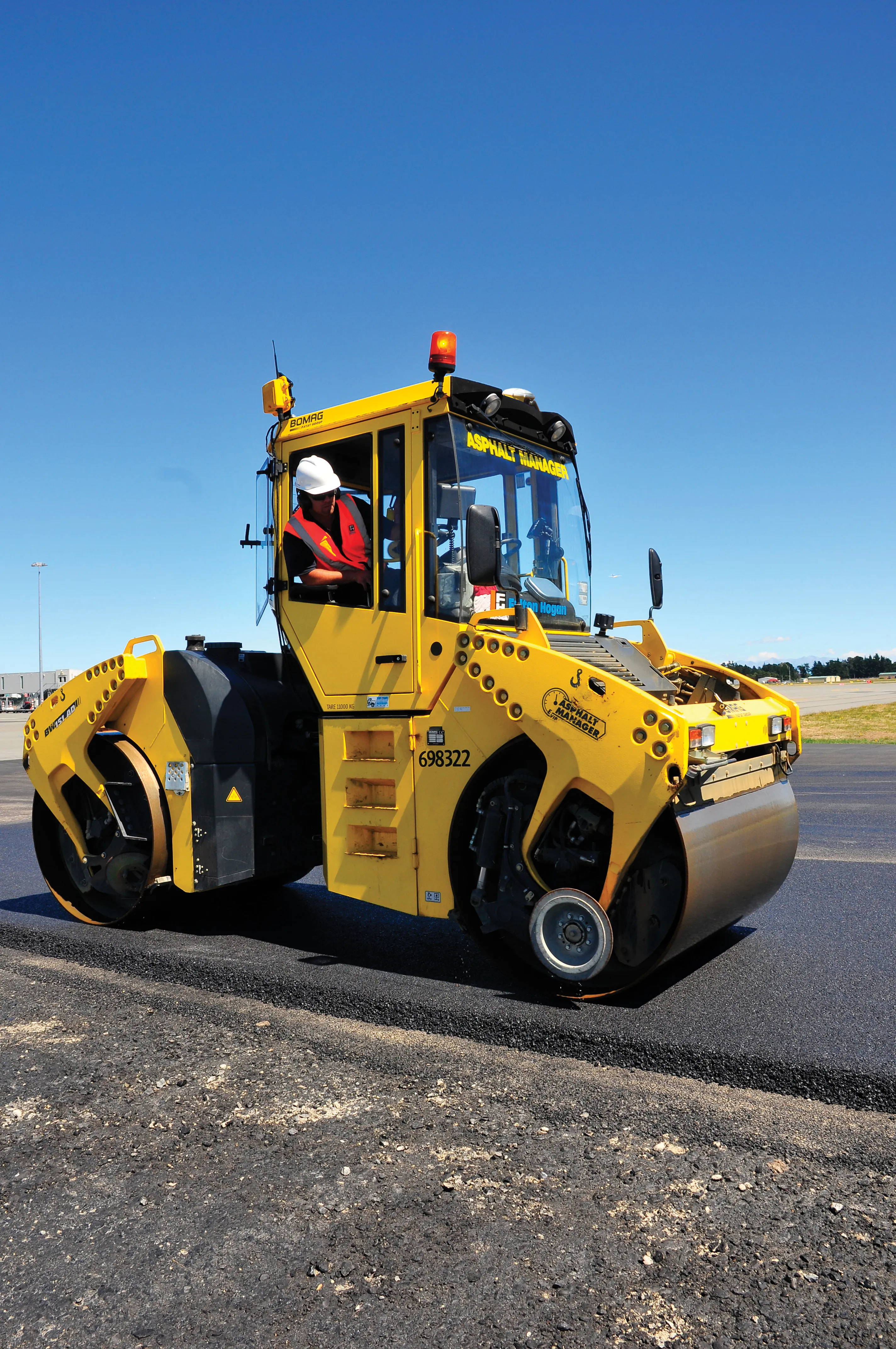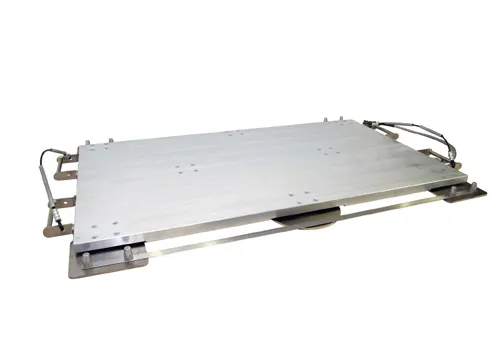The firm intends to link the package to vehicle suspension systems. This would allow vehicles to respond quickly to any surface irregularities, immediately prior to passing over them. The firm is working on a new development that would tune the vehicle’s stability in accordance to the condition of the road surface.
The firm says that its stereo cameras are also able to detect pedestrians as well as other objects and can determine distances accurately. The system is able to detect surface irregularities quickly accurately according to the firm and has been designed to ignore false readings caused by dirt or shadows in the roadway. The high performance readings made by the stereo cameras have been key to identifying shadows or dirt, aided by a sophisticated algorithm that can analyse the image information extremely rapidly, according to Hitachi.
Using advanced vehicle to vehicle communications, this data could be shared between cars and trucks using the same stretch of road. Multiple alerts over road surface issues could also be used to highlight the need for debris removal or road repairs to road authorities.
Hitachi’s new road scanning technology
Using advanced vehicle to vehicle communications, this data could be shared between cars and trucks using the same stretch of road. Multiple alerts over road surface issues could also be used to highlight the need for debris removal or road repairs to road authorities.
January 11, 2019
Read time: 2 mins









